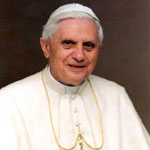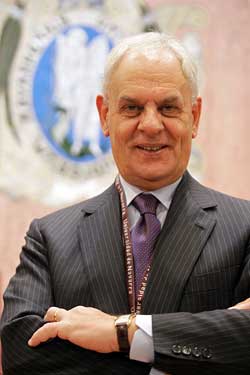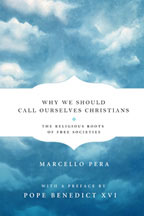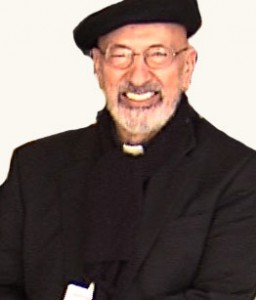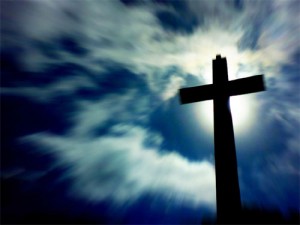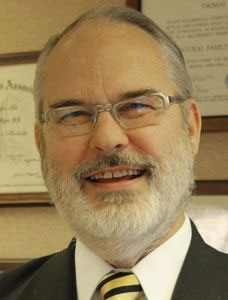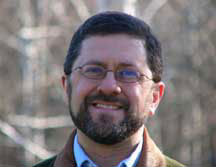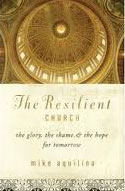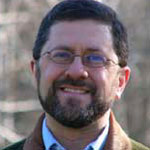The subtitle of this show is “insights from today’s most compelling authors”…I don’t think there’s a more compelling author than Elizabeth M. Bonker, who along with the help of her mother, Virginia Breen, has authored “I Am in Here: The Journey of a Child with Autism Who Cannot Speak but Finds Her Voice”. A powerful and poignant book, the conversation with Virginia is hope-filled as she shares with us all the challenges and love she has found in being the mother of Elizabeth and the strength they have both found in their relationship with God.
author than Elizabeth M. Bonker, who along with the help of her mother, Virginia Breen, has authored “I Am in Here: The Journey of a Child with Autism Who Cannot Speak but Finds Her Voice”. A powerful and poignant book, the conversation with Virginia is hope-filled as she shares with us all the challenges and love she has found in being the mother of Elizabeth and the strength they have both found in their relationship with God.
Podcast: Play in new window | Download (Duration: 29:39 — 40.7MB) | Embed
Subscribe: Apple Podcasts | Spotify | Amazon Music | Android | Pandora | iHeartRadio | JioSaavn | Podchaser | Gaana | Podcast Index | Email | TuneIn | Deezer | Anghami | RSS | More
“Elizabeth’s beautiful poetry clearly shows that some individuals with autism who appear to be low-functioning have real abilities. Elizabeth’s first words when she was able to type were ‘Agony. I need to talk.'”–Temple Grandin, New York Times bestselling author

Me
I sometimes fear
That people cannot understand
That I hear.
And I know
That they don’t believe I go
To every extreme
To try to express
My need to talk.
If only they could walk
In my shoes
They would share my news:
I am in here.
And trying to speak every day
In some kind of way.
Though she cannot speak, Elizabeth Bonker writes poetry that shines a light on the hidden inner world of autism and the world around us. I Am in Here is the spiritual journey of a mother and daughter who refuse to give up hope, who celebrate their victories, and who keep moving forward despite the obstacles. Elizabeth’s poetry and her mother’s stirring storytelling combine in this inspirational book to proclaim that there is always a reason to take the next step–with hope.

